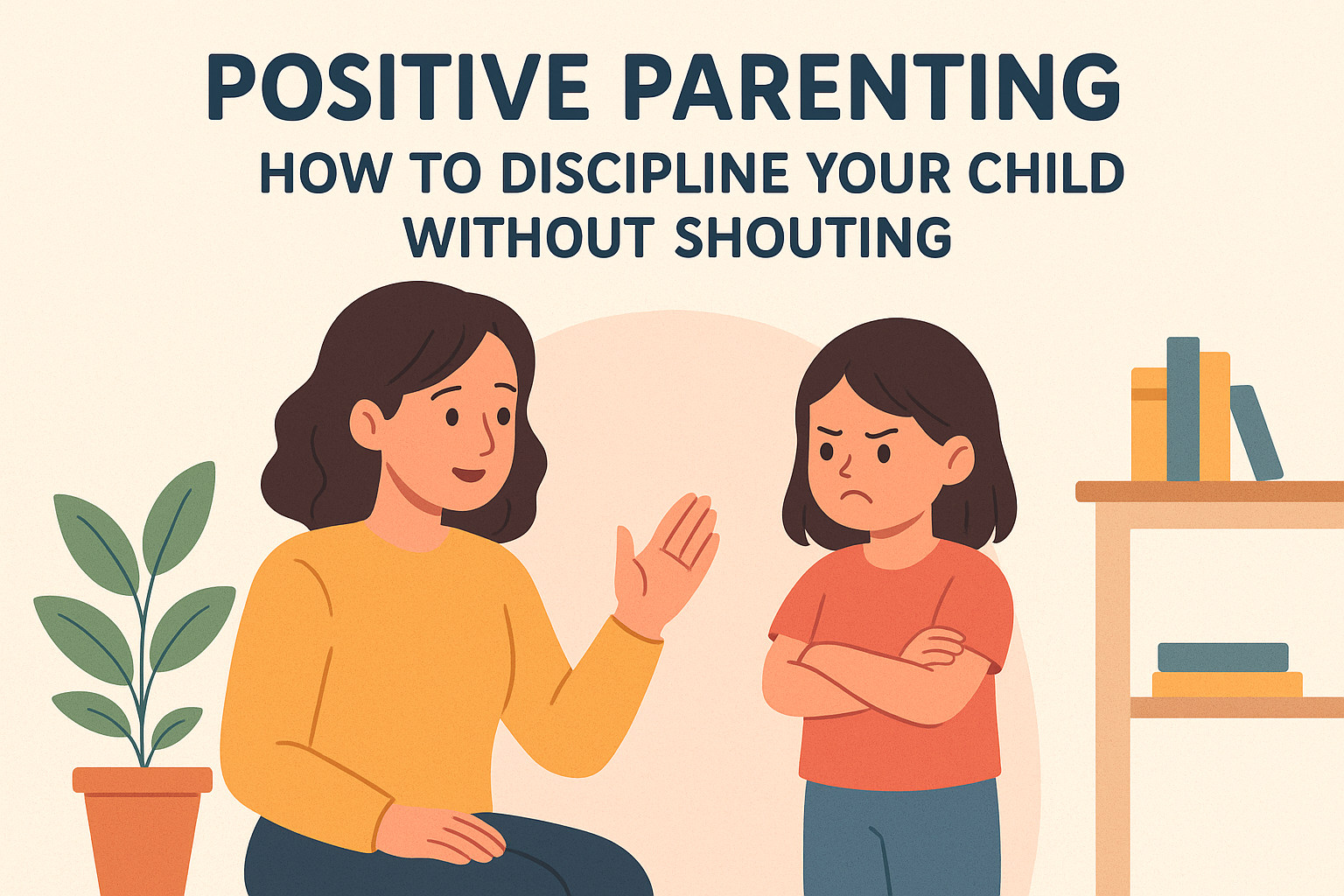
THE POWER OF COMMUNICATION: ESSENTIAL SKILLS FOR EFFECTIVE LEADERSHIP
In the intricate tapestry of leadership, communication stands as one of the most vital threads. Effective communication is more than just exchanging information; it's about understanding the emotions and intentions behind the information. As such, leaders who excel in communication are not only able to convey their thoughts clearly but also inspire, motivate, and foster a collaborative environment.
This article delves into the significance of communication skills in leadership, exploring how they contribute to a leader's success and the overall health of an organization.Understanding the Role of Communication in LeadershipLeadership is fundamentally about influencing others to achieve a common goal. This influence is exerted through a variety of channels, with communication being the foremost. Good communication is the bridge between confusion and clarity, between disorder and order. For leaders, effective communication is a tool for providing direction, fostering understanding, and building relationships.
Here are some core reasons why communication is indispensable for leaders:
Vision Articulation: Leaders are visionaries who must communicate their vision clearly and compellingly. This ability ensures that everyone in the organization understands the goals and is motivated to work towards them.
Building Trust: Trust is the cornerstone of effective leadership. Transparent, honest, and consistent communication builds trust between leaders and their teams, fostering a sense of security and loyalty.
Conflict Resolution: Conflicts are inevitable in any team setting. Leaders with strong communication skills can mediate disputes, understand different perspectives, and guide their teams towards amicable solutions.
Empowering Teams: Effective communication empowers teams by providing clear instructions, feedback, and encouragement. This fosters a sense of autonomy and boosts morale.
Change Management: In times of change, whether organizational restructuring or market shifts, clear communication is essential. It helps in managing transitions smoothly, reducing uncertainty, and maintaining morale.
Key Communication Skills for Leaders:
Active Listening: Listening is arguably the most critical communication skill. Active listening involves fully concentrating, understanding, responding, and remembering what is being said. Leaders who listen actively can better understand their team's concerns and ideas, leading to more informed decision-making.
Clarity and Conciseness: Good leaders convey their messages clearly and concisely, avoiding jargon and ambiguity. This ensures that their audience understands the message without confusion or misinterpretation.
Nonverbal Communication: Body language, facial expressions, and eye contact play a significant role in communication. Leaders who are adept at reading and using nonverbal cues can enhance their interactions and build stronger connections.
Emotional Intelligence: Emotional intelligence (EI) is the ability to understand and manage one's own emotions, and to understand and influence the emotions of others. Leaders with high EI are better at managing stress, empathizing with their team, and handling interpersonal relationships judiciously.
Feedback and Constructive Criticism: Providing feedback is essential for growth and improvement. Leaders should master the art of giving constructive criticism in a way that is supportive and motivating rather than demoralizing.
Public Speaking: The ability to speak confidently and engagingly in public is crucial for leaders, whether addressing a small team or a large audience. Effective public speaking can inspire, inform, and influence listeners.
Adaptability: Different situations and audiences require different communication styles. Leaders should be adaptable, adjusting their communication approach to suit the context and the needs of their audience.
Strategies for Developing Communication Skills :
Improving communication skills is an ongoing process that requires self-awareness, practice, and feedback. Here are some strategies for leaders to enhance their communication abilities:
Seek Feedback: Regularly ask for feedback on your communication style from peers, mentors, and team members. Constructive feedback provides valuable insights into areas needing improvement.
Practice Active Listening: Make a conscious effort to listen more and speak less. Practice active listening by summarizing what the other person has said before responding.
Engage in Public Speaking: Take every opportunity to speak in public, whether through presentations, meetings, or community events. Joining organizations like Toastmasters can also help in honing public speaking skills.
Learn and Use Nonverbal Cues: Pay attention to your body language and learn to read others' nonverbal signals. Practice maintaining eye contact and using gestures that complement your verbal messages.
Develop Emotional Intelligence: Work on understanding your emotions and how they influence your behavior. Practice empathy by considering others' perspectives and feelings.
Be Open to Learning: Communication is a skill that can always be improved. Stay open to learning new techniques and approaches. Reading books on communication and leadership can provide new insights and strategies.
Role-Playing and Simulation: Engage in role-playing exercises to practice different communication scenarios. This can help in preparing for real-life situations and improving response strategies.
The Impact of Good Communication on Organizational Success: When leaders communicate effectively, the benefits ripple through the entire organization. Here are some of the positive impacts:
Enhanced Team Collaboration: Clear communication fosters a collaborative environment where team members feel valued and understood. This leads to better teamwork and a more cohesive unit.Increased Productivity: When instructions and expectations are communicated clearly, teams can work more efficiently, leading to increased productivity and better results.
Improved Employee Engagement: Employees who feel heard and valued are more engaged and committed to their work. This reduces turnover and fosters a positive workplace culture.
Better Decision Making: Open communication channels encourage the sharing of ideas and feedback, leading to more informed and effective decision-making.
Stronger Organizational Reputation: Leaders who communicate well contribute to a positive organizational image. This can enhance relationships with clients, partners, and the public, leading to greater opportunities and success.
In Conclusion,the realm of leadership, communication is not just a skill but a critical competency that can make or break a leader’s effectiveness. Leaders who master the art of communication can inspire their teams, navigate challenges, and drive their organizations towards success. By continuously developing and refining their communication abilities, leaders can ensure they are well-equipped to lead with clarity, empathy, and confidence. Ultimately, good communication is the key to unlocking the full potential of both the leader and their team, paving the way for a thriving and dynamic organizational culture.



1 COMMENTS
You are absolutely right sir 💯